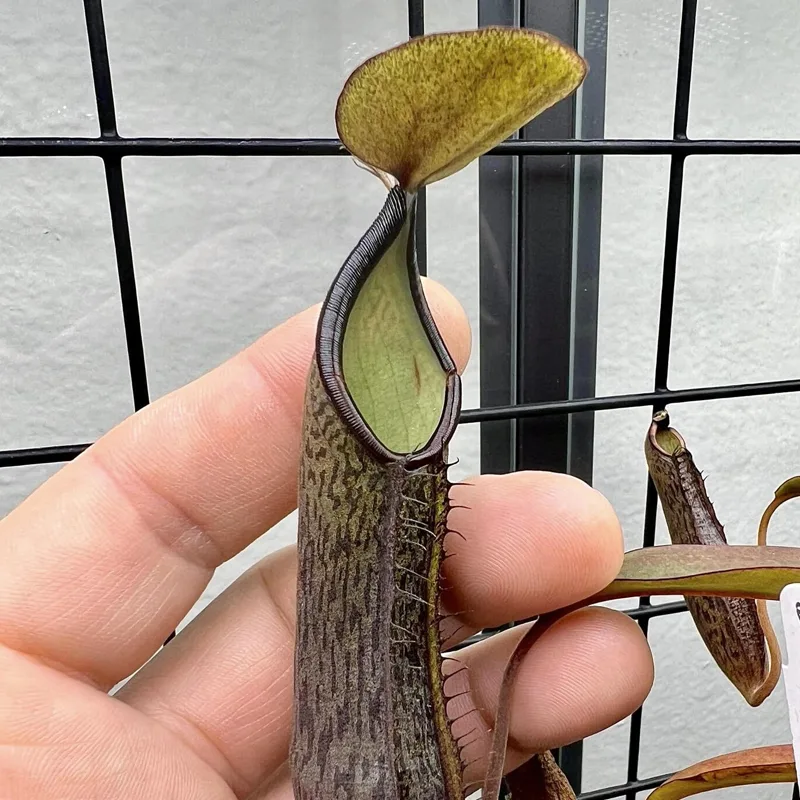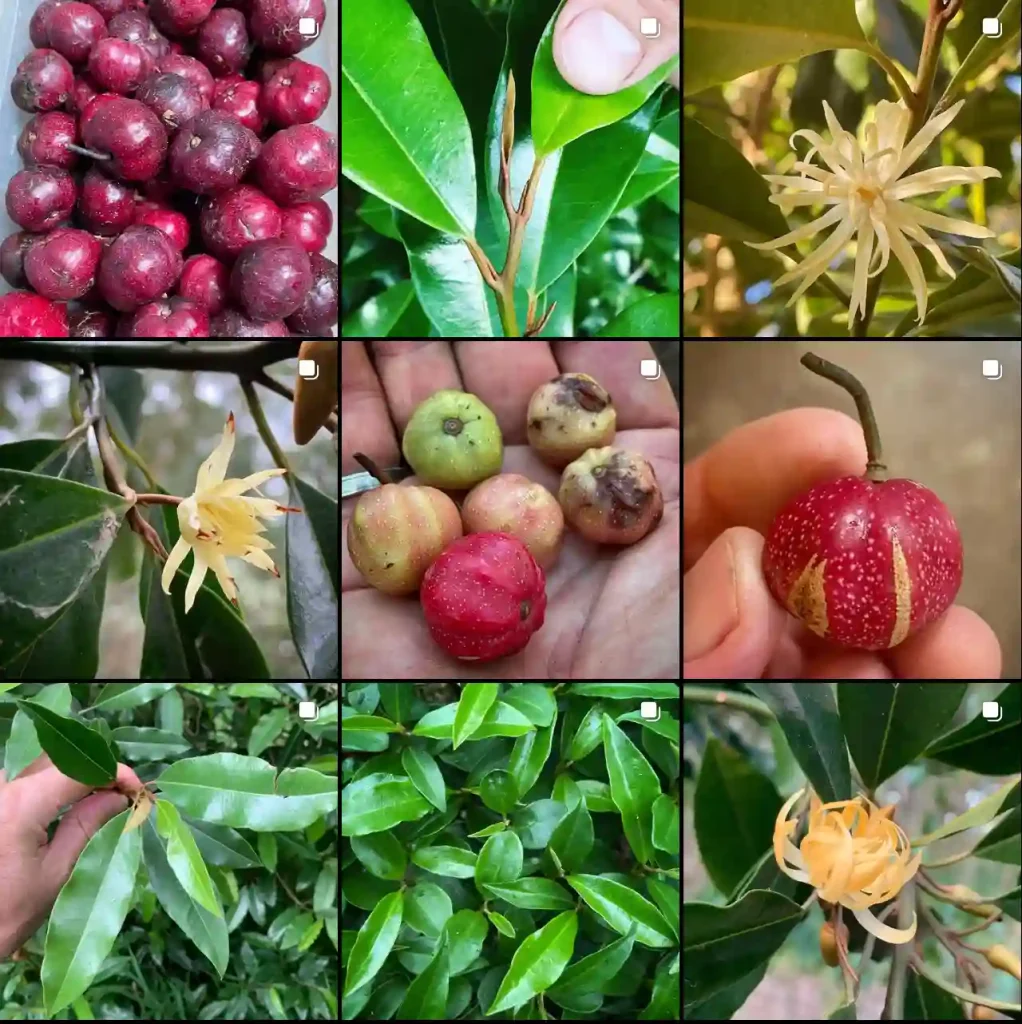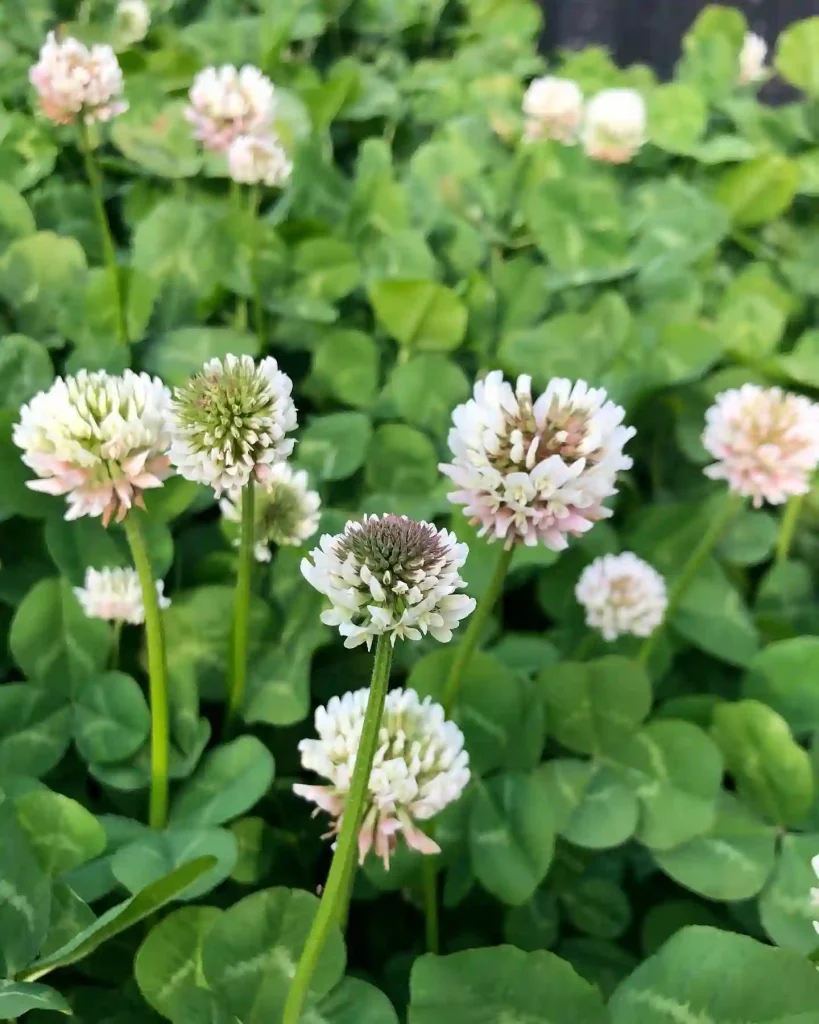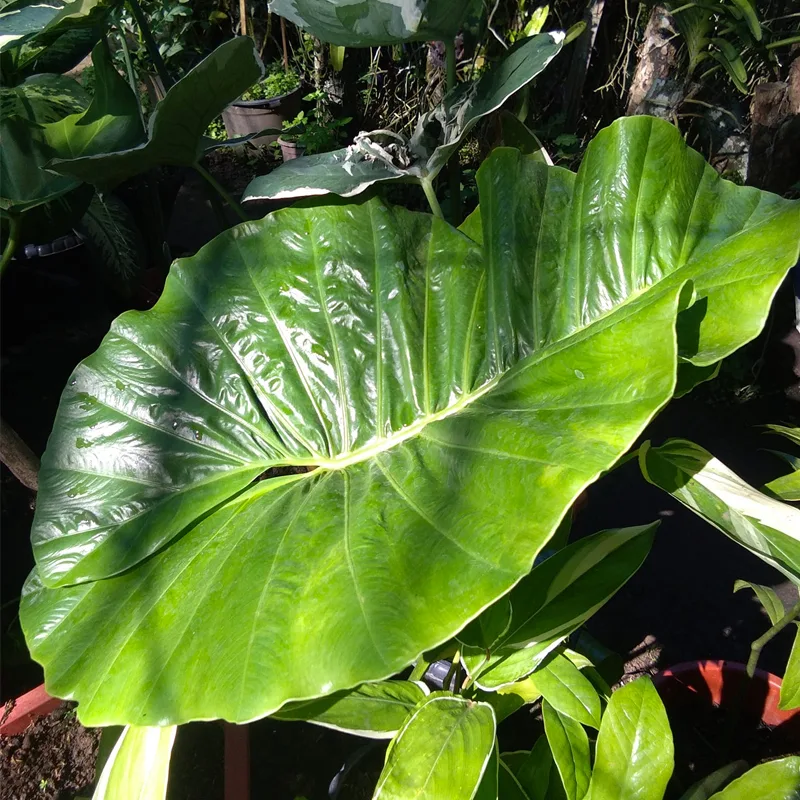Tecoma: A Trumpet Call of Color
My name is Ferb Vu, and I’ve always been drawn to the vibrant hues of flowering plants. Among my favorites is the genus Tecoma, a group of stunning shrubs and small trees belonging to the trumpet vine family, Bignoniaceae. Native to the Americas, these plants are a spectacle of color, with their trumpet-shaped flowers bursting forth in shades of yellow, orange, and red.
A Diverse Genus
The Tecoma genus boasts a diverse range of species, each with its own unique characteristics:
- Tecoma beckii is a fast-growing shrub or small tree native to the southwestern United States and northern Mexico. It is known for its striking yellow flowers, which attract hummingbirds and pollinators. The plant thrives in well-drained soils and prefers full sun, making it an excellent choice for xeriscaping or low-water gardens. Its attractive foliage and vibrant blooms provide a long-lasting display throughout the growing season.
- Tecoma castanifolia, commonly known as the chestnut trumpet vine, is native to Central and South America. This species features large, tubular flowers that range in color from yellow to orange, creating a stunning visual impact. Its lush, green foliage provides a tropical feel to gardens, and it is often used for climbing on trellises or fences. Tecoma castanifolia prefers warm climates and well-drained soils, flourishing best in full sun.
- Tecoma fulva, or the orange trumpet vine, is recognized for its vibrant orange flowers that bloom profusely in the summer and fall. Native to regions of Central and South America, this species thrives in sunny locations and well-draining soil. Its vigorous growth habit makes it ideal for covering walls, fences, and arbors, where it can create a beautiful cascade of color. The flowers are attractive to pollinators, especially hummingbirds.
- Tecoma rosifolia, also known as the rosy trumpet vine, is characterized by its delicate pink to coral-colored flowers, which bloom in clusters throughout the growing season. This species is native to tropical areas of Central America and prefers warm, sunny environments. Tecoma rosifolia is often used in ornamental gardens for its striking blooms and attractive, lush foliage. It can be trained to climb or allowed to spread as a ground cover.
- Tecoma stans, commonly called the yellow trumpet bush, is a popular ornamental plant known for its bright yellow, trumpet-shaped flowers that bloom throughout the summer. Native to the American tropics, this species is drought-tolerant and thrives in well-drained soils, making it suitable for various landscapes. It can grow as a shrub or small tree and is often used in gardens to attract pollinators, particularly hummingbirds and butterflies.
- Tecoma tenuiflora, also known as the slender trumpet vine, is a perennial species native to tropical and subtropical regions of the Americas. It is distinguished by its long, slender flowers that can vary in color from yellow to orange and red. This vine prefers warm, humid conditions and well-drained soil, often thriving in full sun. Its attractive flowers make it a popular choice for attracting pollinators and adding vibrant color to garden spaces.
- Tecoma weberbaueriana, or Weberbauer’s trumpet vine, is a lesser-known species native to Peru. It is characterized by its attractive, trumpet-shaped flowers, which typically range in color from yellow to orange. This species prefers sunny locations and well-drained soils, thriving in warmer climates. Tecoma weberbaueriana is often utilized in gardens for its ornamental value and ability to attract hummingbirds and other pollinators.
A Gardener’s Delight
What I find most appealing about Tecoma is its resilience and adaptability. These plants thrive in a variety of conditions, from full sun to partial shade, and tolerate a range of soil types. They are relatively low-maintenance, requiring minimal pruning and watering once established.
The vibrant flowers of Tecoma not only add beauty to gardens but also attract pollinators like bees, butterflies, and hummingbirds. This makes them an excellent choice for those looking to support local ecosystems.
More Than Just a Pretty Face
Beyond their ornamental value, Tecoma species have a history of traditional use. Some species, like Tecoma stans, have been used in herbal medicine to treat a variety of ailments, from digestive issues to respiratory problems. However, it’s important to note that scientific research on the medicinal properties of Tecoma is ongoing.
My Personal Connection
I’ve incorporated Tecoma into my own garden, and I’m constantly amazed by its resilience and beauty. The vibrant flowers bring a smile to my face every time I see them, and the buzzing of pollinators around the blooms is a constant reminder of the interconnectedness of nature.
Whether you’re a seasoned gardener or just starting out, I highly recommend considering Tecoma for your garden. These plants are a true testament to the beauty and diversity of the natural world.
If i die, water my plants!



